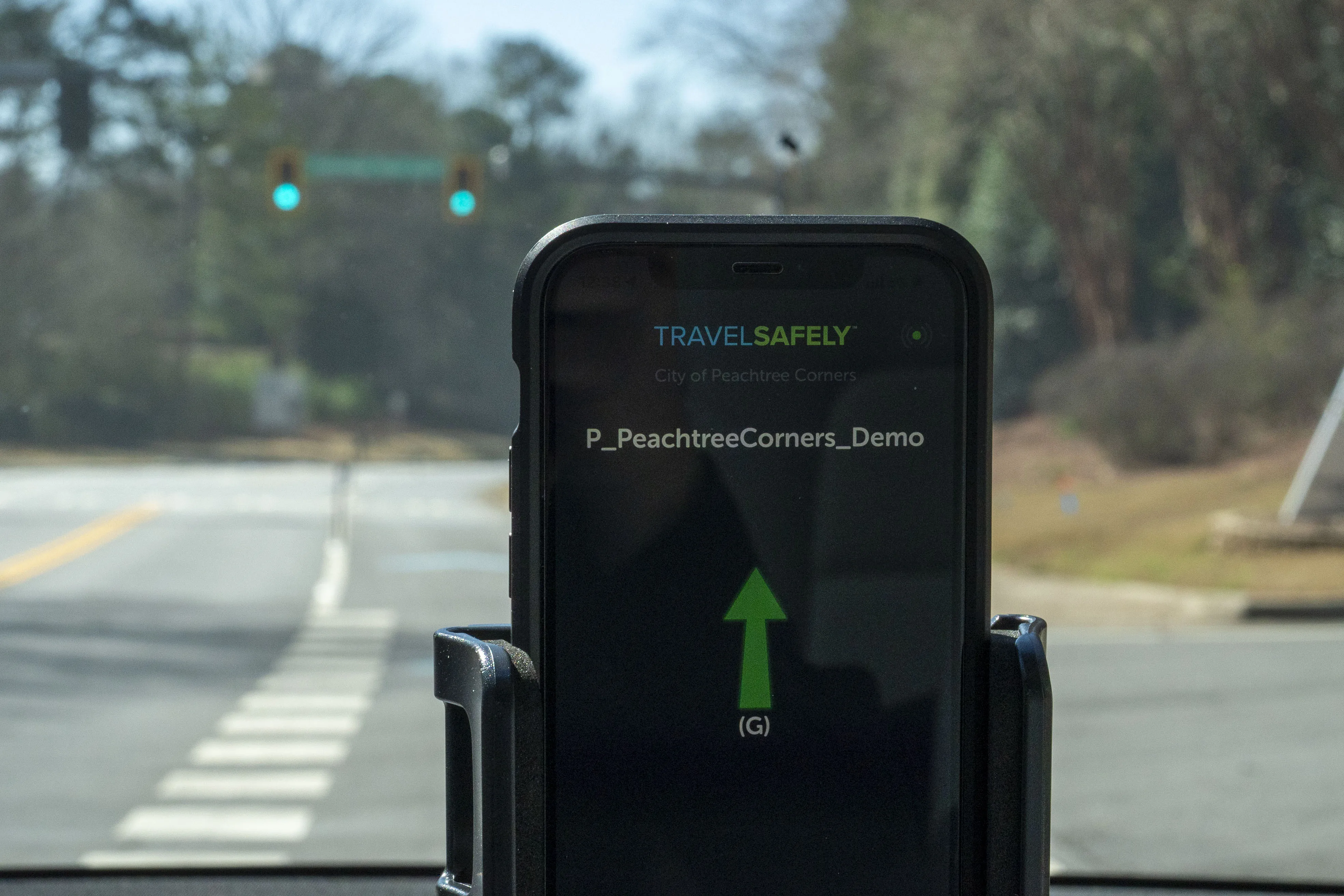The HEAT (Hamburg Electric Autonomous Transportation) project is integrating an autonomous shuttle bus into regular traffic in the German city.
The electric bus will be available to riders travelling in HafenCity, a district within the borough of Hamburg-Mitte, from mid-2020.
Developed by IAV, the minibus should be able to reach speeds of 50km/h while travelling along the 1.8km route. A digital communications system and sensors have been installed along the route to keep the vehicle in communication with its surroundings and the Hamburger Hochbahn control centre.
Hamburger Hochbahn - a public transport operator - will continually monitor the progress of the bus and will be able to make driving commands depending on the traffic situation.
Initially, the bus will run along a defined route without passengers and accompanied by a vehicle attendant who can take control if necessary.
The bus can carry up to ten people. It has two benches with four seats each and a foldable bench with two more seats.
Other partners involved in the project include
HEAT trials autonomous shuttle in regular traffic in Hamburg
The HEAT (Hamburg Electric Autonomous Transportation) project is integrating an autonomous shuttle bus into regular traffic in the German city.
The electric bus will be available to riders travelling in HafenCity, a district within the borough of Hamburg-Mitte, from mid-2020.
Developed by IAV, the minibus should be able to reach speeds of 50km/h while travelling along the 1.8km route. A digital communications system and sensors have been installed along the route to keep the vehicle in communication
August 13, 2019
Read time: 2 mins








